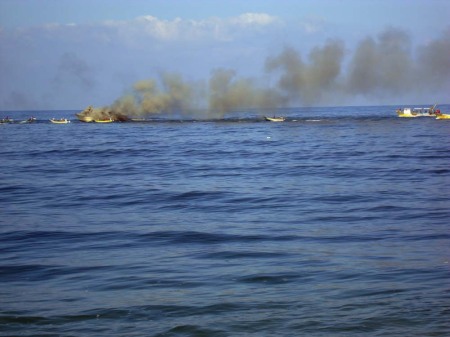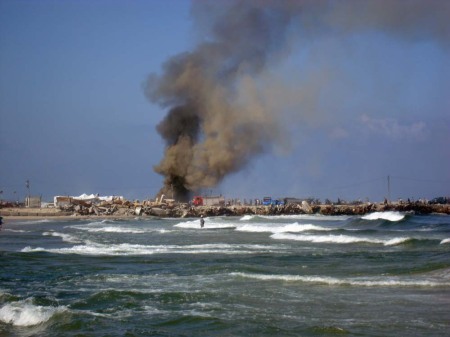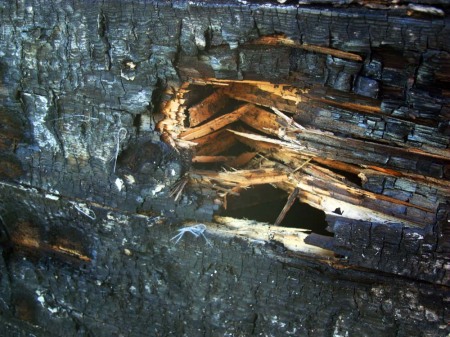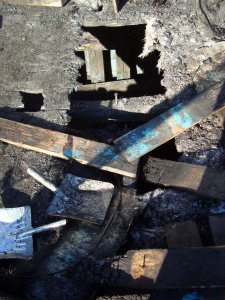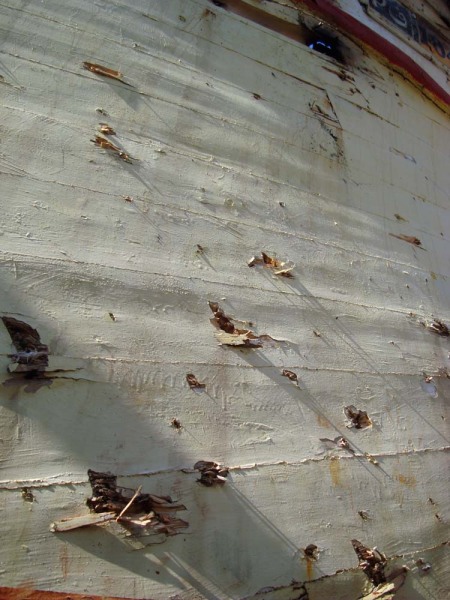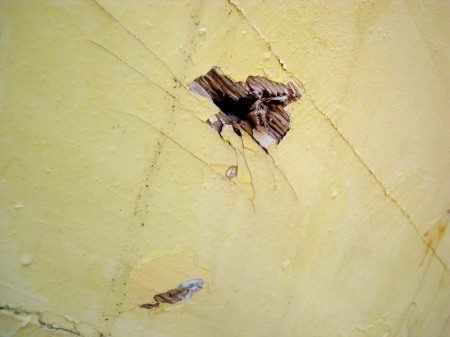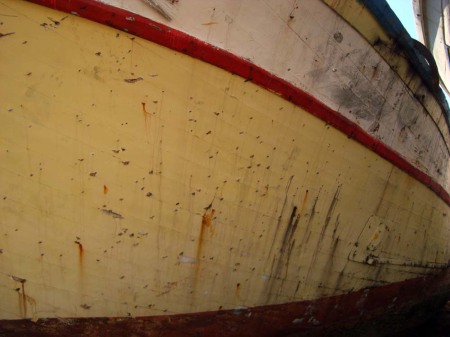
The witnesses said Israeli forces shot at the boat until it took fire, and that fishermen in a nearby boat managed to pull the injured aboard and escape under heavy fire.
The injured fishermen were taken to Abu Yusuf al-Najjar hospital in Rafah.
An Israeli army spokeswoman told Ma'an that navy forces identified a Palestinian boat entering Egyptian territorial waters around 10 p.m. Sunday, and that upon its return to Palestinian waters the forces called on the boat to stop.
When the boat did not stop, the naval forces opened fire at the boat, "identifying a hit."
She confirmed that the boat caught fire and said that Palestinians "were seen jumping into the water."
Israeli forces believe the incident is "probably a potential smuggling," the spokeswoman said.
She added that a similar incident occurred at 1 a.m. Monday morning.
The Aug. 26 ceasefire agreement between Israel and Palestinian militant groups stipulated that Israel would immediately expand the fishing zone off Gaza's coast, allowing fishermen to sail as far as six nautical miles from shore, and would continue to expand the area gradually.
Since then, there have been widespread reports that Israeli forces have at times opened fire at fishermen within those new limits, and the zone has not been expanded.
Prior to the recent agreement, Israeli forces maintained a limit of three nautical miles on all Gaza fishermen, opening fire at fishermen who strayed further, despite earlier agreements which had settled on a 20-mile limit.
The restrictions have crippled Gaza's fishing industry and impoverished local fishermen.
-------------
Israeli Gunboats Attack and Burn Two Fishing Boats
Al MezanAt approximately 9:30 pm on Sunday, 9 November 2014, Israeli gunboats opened fire and launched shells targeting a fishing boat that was sailing about 200 meters away in the sea near the nautical borders with Egypt.
As a result, the boat was totally burned and two fishermen were sustained shrapnel wounds in their limbs.
They were referred to Abu Youssif An-Najjar hospital in Rafah.
Medical sources described their injuries as moderate, and they refused to disclose their identity in the hospital.
At approximately 11:40 pm on the same day, Israeli gunboats opened fire and launched shells at a fishing boat that was sailing about 800 meters away in the sea off the fishermen port in Rafah, in the south-west of Gaza Strip.
The boat was burned, and no injuries or causalities were reported.






